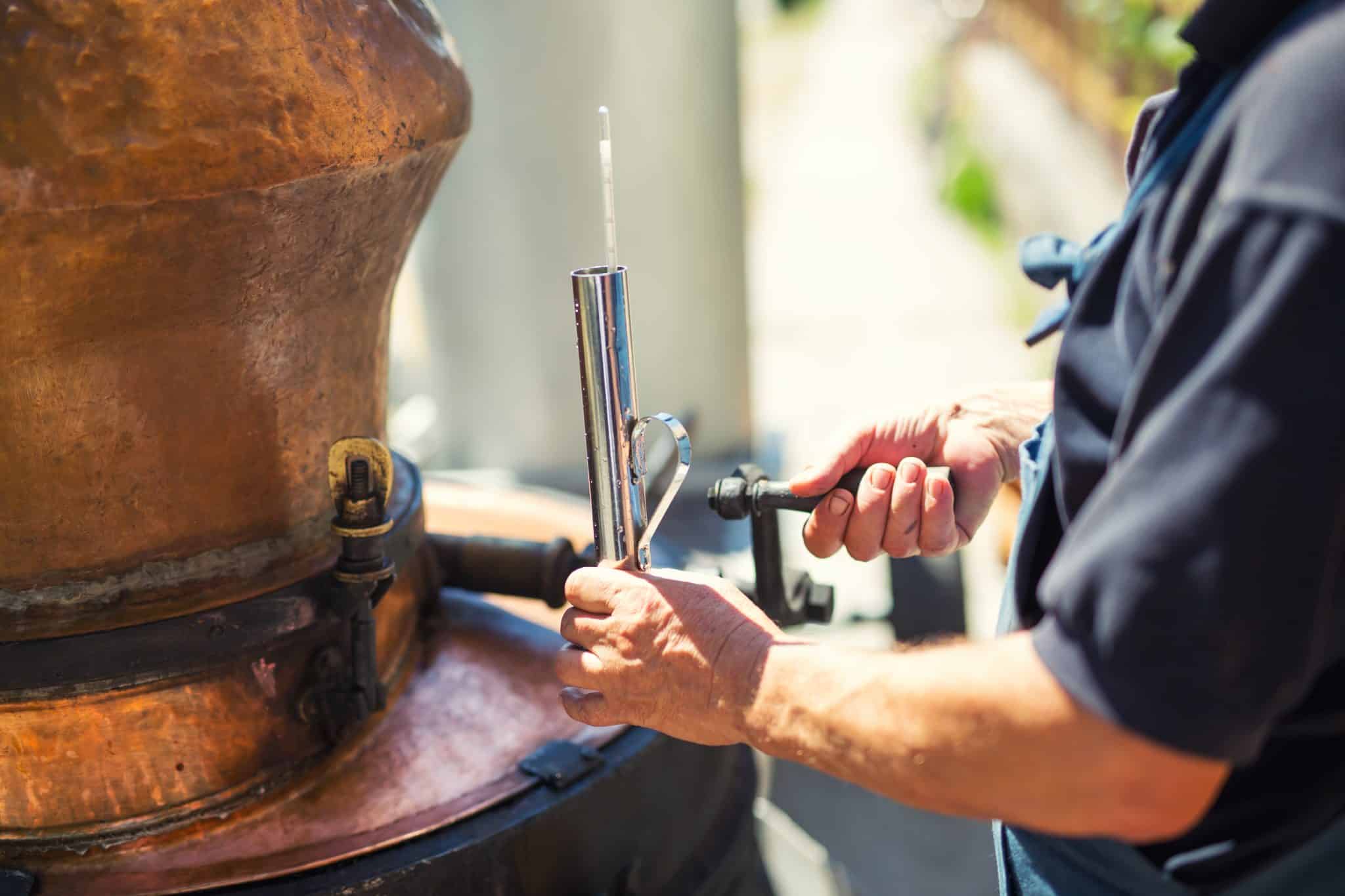More than 800 distilleries across the country began producing hand sanitizer under an emergency advisory issued March 26 by the Alcohol Tobacco, Trade, and Tax Bureau in order to meet the huge demand for sanitizer caused by the coronavirus pandemic.
Distillers combined their ethanol, which was in short supply, with ingredients like water, hydrogen peroxide, and glycol to make the sanitizer.
The innovation was celebrated as an example of Americans stepping up in a time of crisis to provide for their communities. Many distilleries donated the sanitizer, while others turned to sanitizer production to save their businesses after governors shut down bars and restaurants.
As a reward for their goodwill and resourcefulness, those distilleries are now being punished by the Food and Drug Administration (FDA) with a surprise $14,060 Monograph Drug Facility Fee, announced Tuesday. The fee applies to all distilleries that produced hand sanitizer this year — no matter if they only produced a few gallons or donated all of their sanitizer.
The FDA states in the new rule that “facilities that manufacture or process hand sanitizer products under the temporary policy during COVID-19” will be assessed the fee.
If distilleries fail to update their status with the FDA by December 31, they may be liable for another $14,060 fee in 2022.
In a statement responding to the new rule, Aaron Bergh, the owner of Calwise Spirits in California, which produced hand sanitizer this year, said, “At the beginning of the pandemic, the FDA and our communities called out for help. Distillers enthusiastically stepped up to the plate and provided an essential product to medical workers and first responders.”
“It’s apparent the FDA has decided they don’t need us anymore,” said Bergh, “and it’s in their best interest to suck us dry when we’re already struggling during the pandemic’s business closures.”
Many distillers donated the sanitizers to local services on the front lines of the pandemic. Black Button Distilling in Rochester, New York, for example, delivered over 405,000 bottles of hand sanitizer to over 2,000 police departments, hospitals, and nursing homes.
“We did all of this without regard for profit,” Jason Barrett, the owner of Black Button Distilling, told WROC-TV in Rochester, New York, “or what focusing on this new product seven days a week would do to our business.”
Back in March when Black Button Distilling began producing the sanitizer, Barrett said, “We are doing this to help our community, to hopefully save lives and to get our employees back to work. We want to do our part in these unprecedented times.”
The FDA is not only fining distilleries for their good will. They also set strict regulations that prevented distilleries from using food-grade ethanol to produce hand sanitizer. Executives from health-care and ethanol industries urged the FDA to relax those restrictions during the pandemic, to no avail.
Chris Swonger, the president and CEO of the Distilled Spirits Council, called on the FDA to immediately waive the fees for distillers who produced the sanitizer on a temporary basis to help combat the pandemic.
“This will be disastrous to small distilleries who stepped up to help produce this critical product,” said Swonger. “It will quite literally bankrupt some struggling businesses.”
























